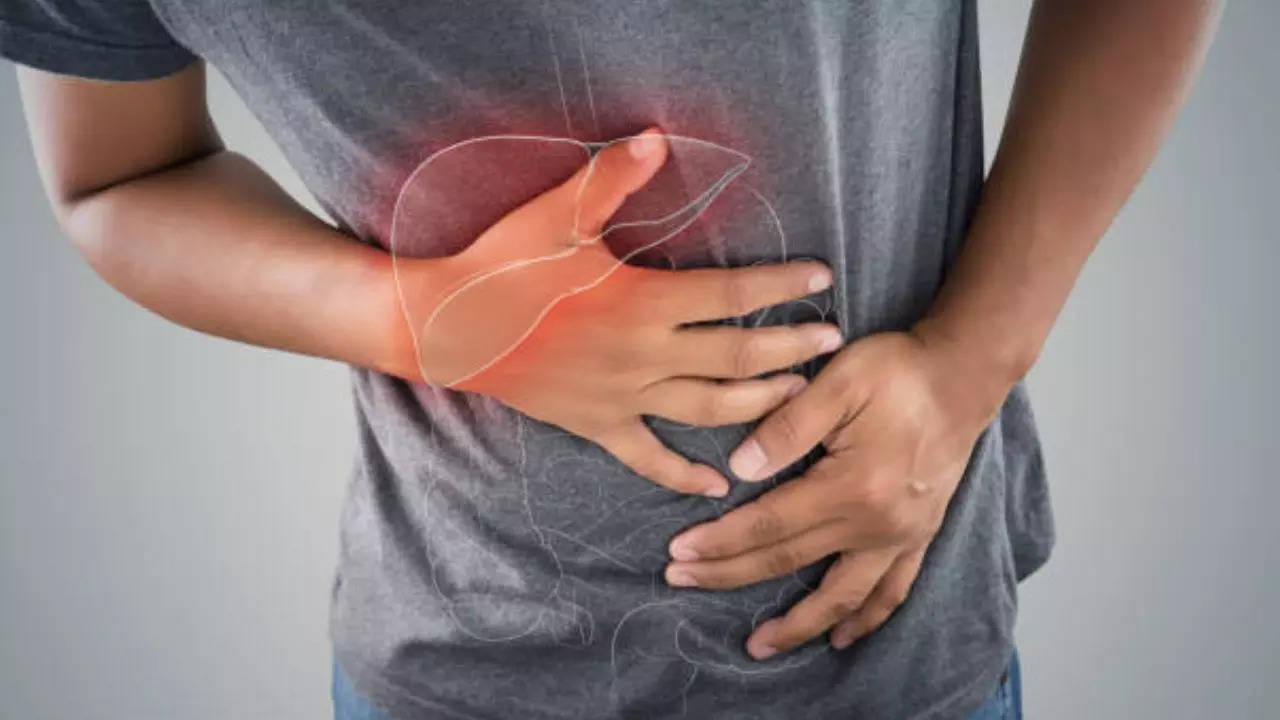
This Common Dietary Mistake Can Lead to Liver Cancer—Are You at Risk? (Image credit: iStock)
Did you know that your liver has a built-in defense mechanism that works tirelessly to prevent cancerRecent research from the University of California, San Diego School of Medicine reveals why this vital safety measure is failing, contributing to the alarming increase in liver cancer cases around the world.
liver cancer
Liver cancer has become the sixth most commonly diagnosed cancer globally and the fourth leading cause of cancer deaths. According to experts, cases have increased by 25-30 percent in the last two decades. Published in Nature, the study highlights the connection between unhealthy diets, fatty liver diseaseAnd liver cancer.
fatal link between fatty liver Disease and Cancer
Fatty liver disease, especially its severe form known as metabolic dysfunction-associated steatohepatitis (MASH), is emerging as a major precursor to liver cancer. Often triggered by diets high in sugar and unhealthy fats, MASH has become a global health concern.
“MASH causes chronic liver inflammation and damage,” explains Dr. Michael Karin, professor of pharmacology at UC San Diego. Over time, this condition can progress to fatal liver cancer or complete liver failure, often requiring a transplant.
Shockingly, in the United States alone, 25 percent of adults suffer from fatty liver disease, with 20 percent of them headed toward MASH—a ticking time bomb for liver health.
How cancer overcomes your liver’s defenses
Our bodies have a natural protective mechanism called cellular senescence, where damaged cells stop dividing to prevent cancer. However, researchers discovered how this defense system backfires in the case of liver cancer.
Studies on mice and human tissue show that high-fat, high-sugar diets damage the DNA in liver cells, causing them to age. While most aged cells remain dormant, some mutate and promote tumor growth.
A key enzyme, FBP1, plays a central role in this process. Acting as a molecular switch, FBP1 suppresses tumor formation. Worryingly, most liver cancers suppress this enzyme, enabling precancerous cells to survive aging and divide uncontrolled.
Your diet: a silent killer
Dr. Karin emphasizes the devastating effects of poor dietary choices. “Fast-food diets can be as dangerous over time as smoking. These poor diets fundamentally alter cellular functions, even down to the DNA level,” he warns.
Excessive sugar and fat consumption not only triggers fatty liver disease, but also accelerates DNA damage, increasing the risk of cancer.
New Hope: Treatments on the Horizon The discovery of the role of FBP1 in liver cancer opens the door to innovative treatments, including:
– Nutritional interventions: correcting diet-induced imbalances with targeted medications or supplements.
– Advanced Antioxidants: Developing cutting-edge compounds to effectively counteract DNA damage.
“These treatments can help restore the body’s natural defenses against liver cancer,” says Dr. Carin.
Prevention: Your Best Defense
This research underscores the power of prevention:
– Adopt a healthy diet: Limit processed foods high in sugar and unhealthy fats.
– Monitor liver health: Regular medical checkups can detect fatty liver disease early.
– Adopt a healthy lifestyle: Exercise and careful eating can reduce the risk of cancer to a great extent.
As science continues to uncover the complex relationships between diet and disease, one message is clear: Your daily choices can either protect your liver or put it at risk. Take charge of your health today – because a healthy liver is vital to your life.
Get the latest news live on Times Now with breaking news and top headlines from around the world.



